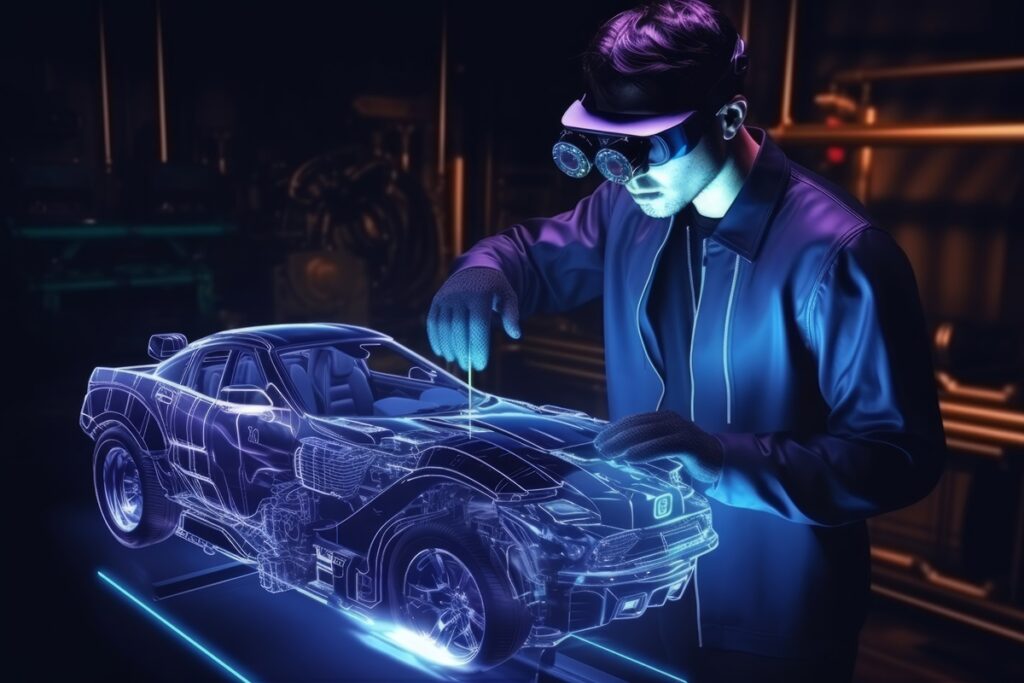This market research report was originally published at the Yole Group’s website. It is reprinted here with the permission of the Yole Group.
Hesai, Seyond, RoboSense, and Valeo: Yole Group’s analysts invite you to dive deep into leading LiDAR tech.
OUTLINE:
-
LiDAR can achieve an angular resolution of 0.05°, offering more precise object detection and identification.
-
Compared to 2022, the number of LiDARs in passenger cars has risen by a factor of more than three.
-
RoboSense, Hesai, Seyond, and Valeo are leading the LiDAR market for automotive.
-
Main LiDAR technologies: 1D scanning, 2D scanning, and 2D MEMS.

Yole Group reports that over 760,000 LiDAR systems were installed in passenger cars in 2023, with nearly 90% of the market dominated by four leading companies: Hesai, Seyond (formerly Innovusion), RoboSense and Valeo, according to the LiDAR for Automotive 2024 report.
In response to this competitive landscape, Yole Group, the market research and strategy consulting firm, offers an in-depth analysis of the LiDAR technologies developed by these key players to better understand their technological approaches, with a dedicated teardown report: Automotive LiDAR Comparison 2024.
“With the top four companies identified, we have a comprehensive overview of the leading LiDAR technologies. Hesai and Valeo focus on 1D scanning technology, Seyond has developed a 2D scanning LiDAR, and RoboSense offers a system based on 2D MEMS technology.”
Benjamin Pussat
Analyst, Systems Teardown, Yole Group
Each company’s technology selection brings different technical considerations, including system size and weight, component choices, materials, and design. However, all these devices operate on the same Time-of-Flight (ToF) principle. Moreover, they present some similarities in the use of:
- IR laser sources to pulse laser beams,
- Optical elements like lenses, prisms, mirrors, and even optical fiber to control the light path inside the system,
- Mechanical devices to orient the transmitted IR laser beam to a particular destination (angular position, horizontal/vertical) to receive the reflected light,
- IR photodetectors to sense the received IR laser beams and convert the light signal into an electrical signal,
- And processors to compute the data.

Yole Group’s Automotive LiDAR Comparison 2024 provides key insights into hybrid solid-state LiDAR technologies, including manufacturing processes and cost analysis of the most innovative LiDARs in the automotive market. Yole Group’s analysts conducted a meticulous investigation of the LiDAR ecosystem, focusing on the latest advancements in the field.
The report offers a comprehensive analysis of several leading systems, including Valeo’s Scala Gen.2 and three LiDARs from top Chinese companies: Seyond’s Falcom (formerly Innovusion), RoboSense’s M1, and Hesai’s AT128. Yole Group’s study breaks down the entire supply chain for each LiDAR, from components to system design, and offers a detailed comparison of the technological approaches, costs, and technical features of these leading manufacturers.

Related reading
- WHAT’S IN THE BOX? Hesai AT128 LiDAR for Li Auto L9 at a glance
The AT128 belongs to the hybrid solid-state LiDAR category. Positioned on the car’s roof, it offers a range of up to 200 meters. The first level of teardown reveals the global architecture of the system…
Related events
- International Suppliers Fair – IZB (Wolfsburg, Germany – Oct. 22-24)
- DVN LiDAR Conference (Frankfurt, Germany – Nov. 18-19)
- Automotive LiDAR (Online – Nov. 19-21)
Do not miss the opportunity to stay at the cutting edge of automotive LIDAR technology and ask for an on-site meeting with Yole Group. Send a request to [email protected].
Yole Group invites you to follow its investigations on LiDAR technologies and the automotive market on www.yolegroup.com.
Stay tuned!


